One summer night in 2003, my living room TV was abruptly shut off.
This otherwise uneventful date might be stored in your minds as the night of the VMAs in which Madonna and Britney Spears made out.
Understandably, when 2014’s highly anticipated Dragon Age Inquisition whipped out the pride representation and said: hey, here’s this lesbian romanceable character, I, a 17-year-old sharing a living room TV with my family, turned a blind eye. Cullen might as well be the blandest character of the bunch, but he’s safe; I’ll date him instead.
At the time, these instances seemed harmless, and I didn’t look too far into them. Despite that, they stuck with me, offering a glimpse into a world with different possibilities. That is until the subtlety of indie games held me through the journey of coming to terms with my sexuality.
Sayonara Wild Hearts and How You Can’t Pray the Gay Away

Aesthetically, Sayonara Wild Hearts is an absolute marvel. It blends the theatricality of musicals, a certain touch of anime shōjo, magical girl vibes, and excellent use of bisexual light. It’s eye candy, especially for the Tumblr generation.
When I picked it up, my understanding was that this was just a neon-soaked, pretty-colored, tarot-inspired racing game. As if that’s not the gayest thing I’ve ever heard.
Utterly oblivious to its undertones, I left my first play session overwhelmed by big feelings — which is something I didn’t know a racing game was capable of doing.
Sayonara Wild Heart opens up with a neon pink butterfly dragging our main character out of bed and into a gorgeous purple and blue skating track full of hearts. It’s slow because it’s a tutorial, sure, but it’s like the grogginess you feel right after waking up from a long slumber.
The game makes a show of fighting the anti-heroines at the end of each chapter. Ladies holding big swords and riding motorcycles, all-female forest gangs on shrooms, and even two black/white twins dressed in suits. At first, I chased, challenged, and fought them because, hey, it’s a video game. But then it sank in that they’ve never done anything to me.
Sayonara Wild Hearts rubbed my own internalized homophobia on my face. After this motorbike girl gang city chase, the deer ride through a mushroom forest battling an all-girl group on a mecha-fox, and a Galaxy-like laser-showdown inside a girl’s head, you get to sit through the Sayonara Wild Hearts final level — a rushed, thrill-inducing, almost rollercoaster-like track that culminates with your character kissing all the girls. That’s how life is supposed to be.
Sayonara Wild Hearts doesn’t explicitly brand itself as an LGBTQ+ game and leaves its message up for interpretation. But for some, its subtle storyline, game design, and visual aesthetic represent an awakening of the self.
In the last few stages of the game, it sends you off with a “Sayonara, Wild Heart,” but not before reminding you never to lose your sparkle again with 3 minutes of “Wild Hearts Never Die.”
Unboxing Life-long Baggage with Unpacking
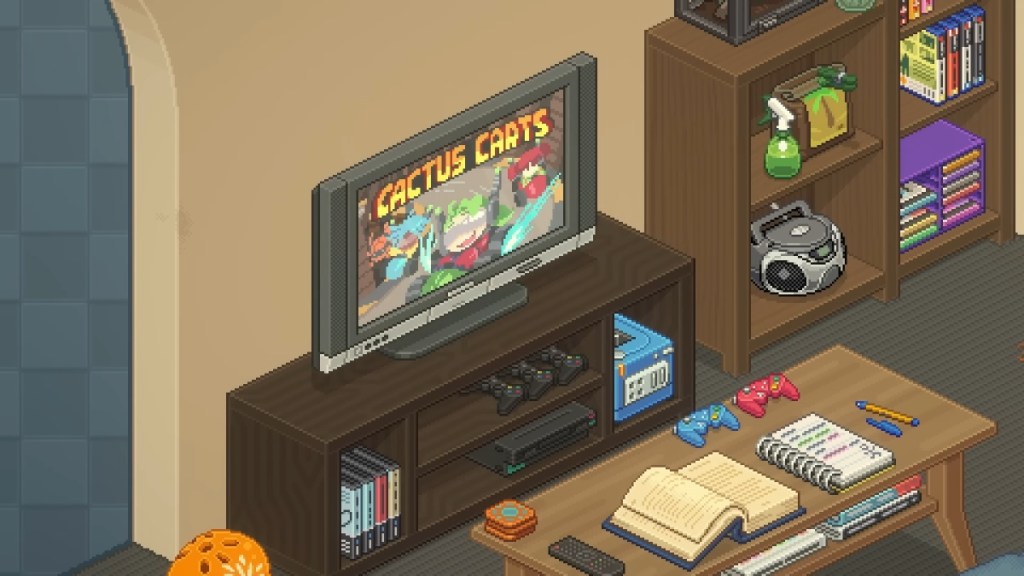
Unpacking is nothing like Sayonara Wild Hearts. There’s no rush, no adrenaline, no pressure. It’s a zen puzzle game that follows a Jewish girl from 1997 to 2018.
By unboxing this faceless character’s belongings, you discover what she likes, what she does for a living, who she’s dating, and where she’s traveled. It’s a life told through the objects a person carries with them.
Still, though there are nuances all millennial gamers with an artistic pinch can relate to, the only thing I have in common with her is our birth year. Despite our superficial differences, Unboxing’s protagonist made me realize how much I had dimmed my true self to fit others’ expectations.
At one point in her life, our main character moves into a place that doesn’t feel like home. This level, in particular, is a hassle. You’re tetrising your stuff into places that are not entirely your own, fitting pieces of yourself into shelves that don’t have space, and even hiding parts of you that hold immense importance, like your diploma, under a bed — all because someone doesn’t have room for it. From a game design viewpoint, it’s an energy-eater that screams for a break. Wren Brier and Tim Dawson nailed the portrayal of sacrificing a big part of yourself to please others. And that is something we share deeply.
All too common are tales of queer kids hiding who they are during their childhood and teenage years. I was once one of them. I knew I liked girls, but I thought dealing with it could wait for the me of the future, who would surely have it all figured out. With its box-stuffing and shelf-placing, this cozy game woke me up to the truth— I procrastinated coming to terms with my sexuality for so long that I had stopped living my truth.
Still, the game doesn’t drag you over depressing move-ins and move-outs through and through. It all brightens up after presumably breaking up with the douchey, no-space-for-your-diploma-here boyfriend. Our girl moves to her own place, giving her much freedom. This level becomes a blank canvas, shedding the puzzle vibes as you let go of trying to fit into others’ spaces. Now, the game flows with creativity and decoration. As you leisurely place her belongings in the apartment, you realize you have all the space in the world to express yourself.
Moving becomes a bigger endeavor, not because of fitting stuff, but because you’ve grown as a person with more belongings and connections. Unpacking the essence of who you are in a new home takes a lot more time and effort now. But it’s OK; you’ve got room for growth.
Embracing Your Queerness in Full Force with Hades
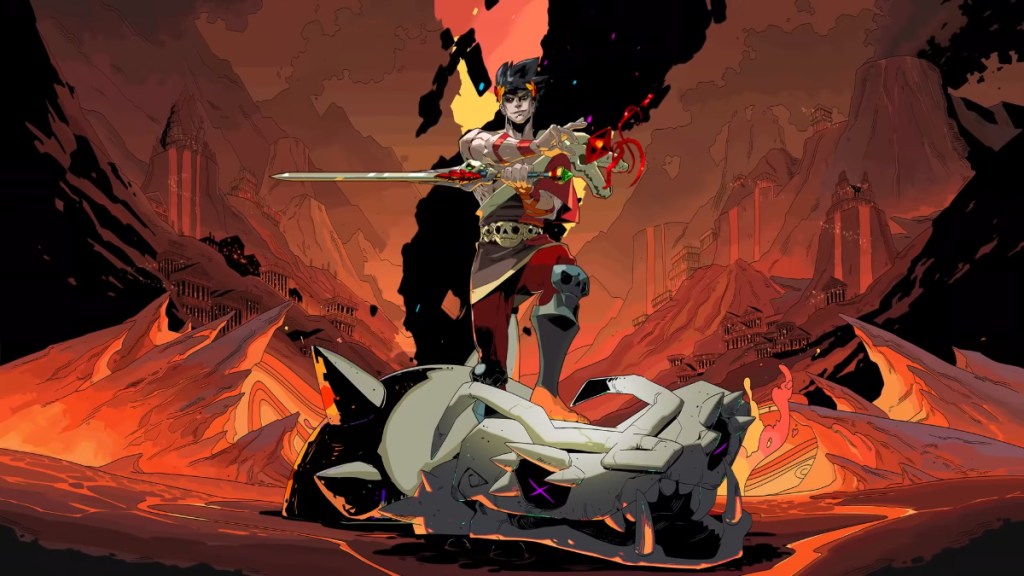
To be fair, Hades challenges the typical indie game label. This SuperGiant masterpiece immerses us in the divine journey of Zagreus, a demigod longing to escape the Underworld. With its charming characters and profound emotions, this refreshing spin on Greek myths captivates you.
While the heart-pounding cycle of escaping the Underworld drives the action, the true magic lies in Zagreus’s evolving bonds and relationships. As far as representation goes, it’s not a bad place to culminate this journey.
Hades offers a rare and precious gem in the gaming world—a diverse and inclusive representation of relationships and sexualities. With openly bisexual Zagreus embracing his true self, the game beautifully celebrates a healthy spectrum of orientations, from heterosexual to homosexual and beyond. It’s an eye-opening and gratifying exploration of diverse love.
Related: Most Anticipated Indie Games Releasing in Fall 2023
Hades fearlessly navigates relationship complexities, highlighting growth through communication, empathy, and embracing mistakes. No romantic melodrama here— just positive development and celebration all the way.
Still, Hades is no dating sim. In the game, your sexual orientation is just one aspect of your identity, mirroring real life. Hades’ gameplay, story, design, visuals, and soundtrack of the highest level merge to form the most addictive roguelike ever. In the Underworld, escape is possible, but from this game, there’s no breakaway.
The gaming world craves more Zagreus to illuminate and enhance inclusivity. Games like Hades set an example, showcasing healthy queer representation without making it the story’s sole focus.
Hades’ gameplay slashes away your fear of death, allowing you to embrace failure and try again without dread. Being yourself might come with consequences, but it’s not the end; it marks a fresh beginning.
After a journey with subtle indie LGBTQ+ games that guided me in embracing my sexuality, I now wholeheartedly dive into openly queer games. Watching Chloe and Max lock lips on my TV screen is fantastic, and if a game’s female romance option is more intriguing, I’ll go for her without hesitation.
Still, the impact of those subtle queer indies remains etched in my soul. These games provide a secure and inclusive haven for players to explore their identities, particularly for those grappling with their sexual orientation or gender identity. As invaluable assets to the gaming community and society, LGBTQ+ indies have left an indelible mark, touching the hearts of players like me in profound ways.

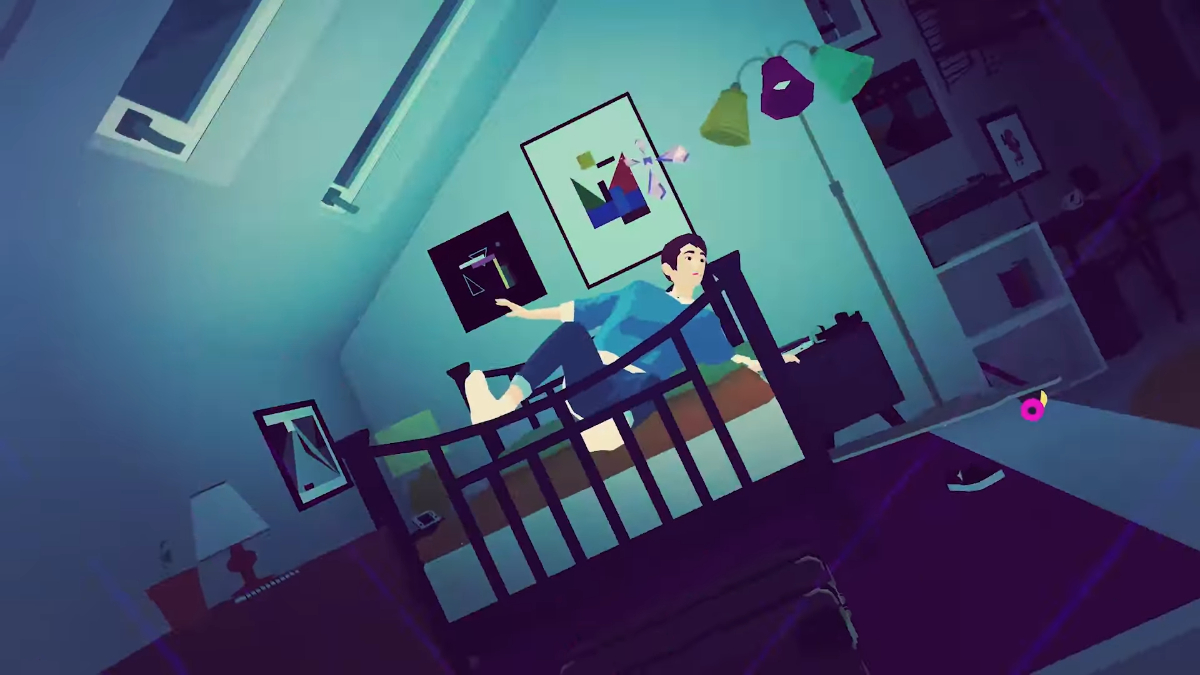
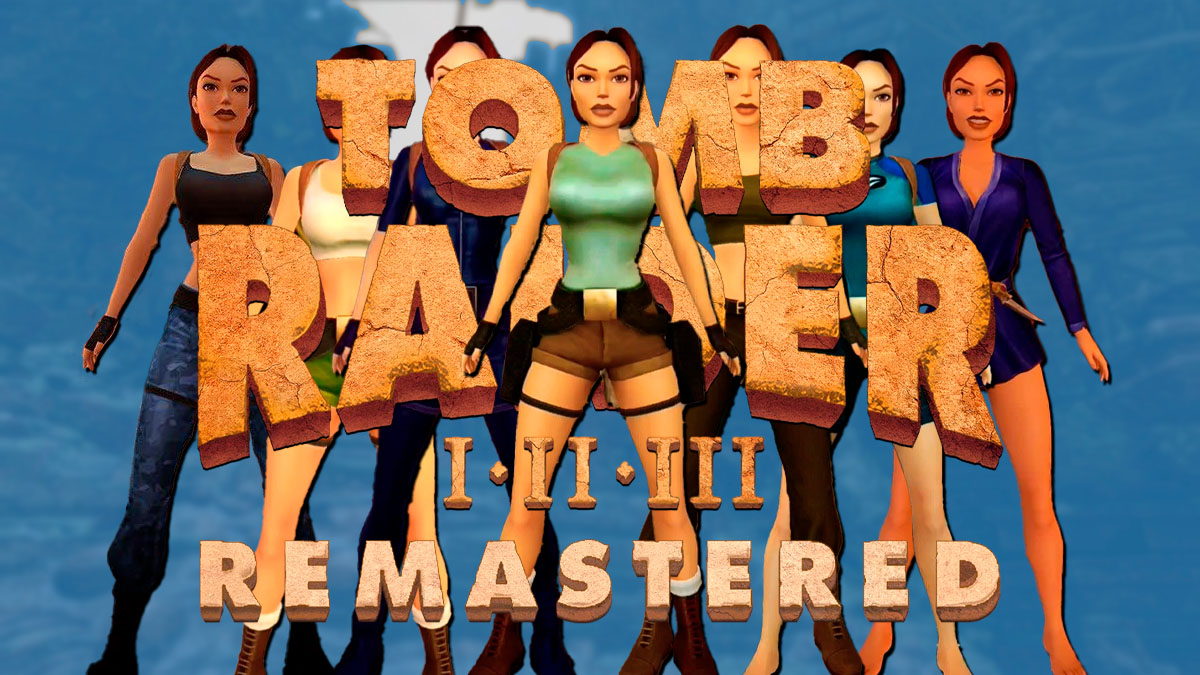
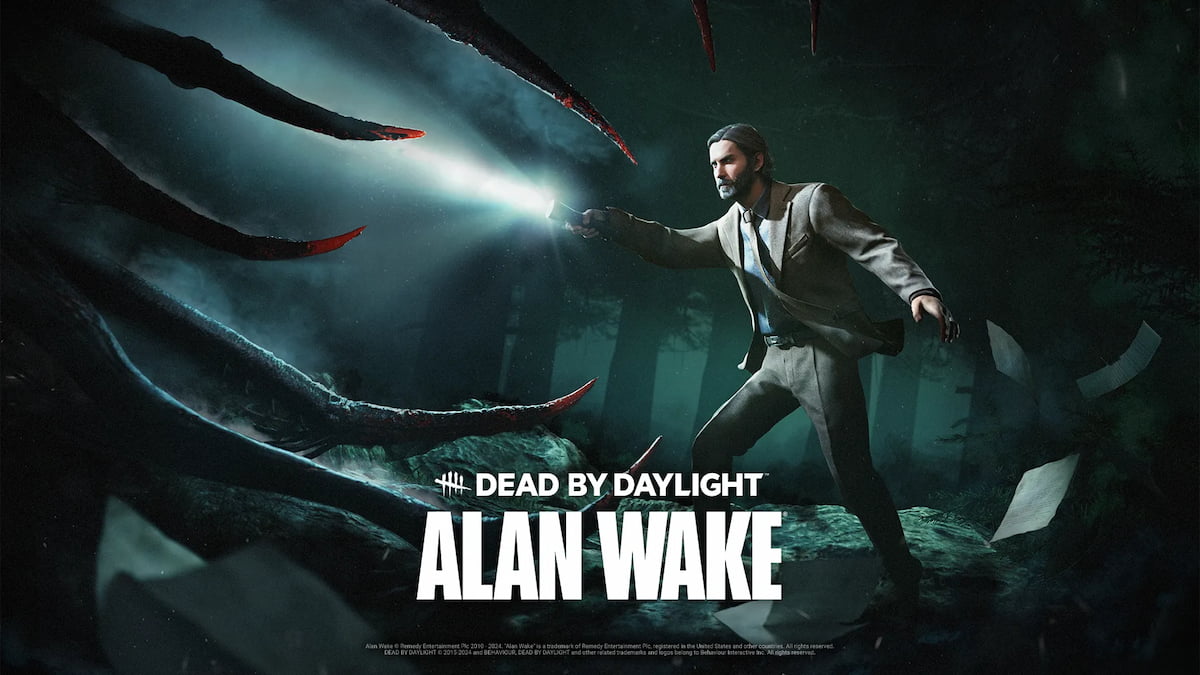
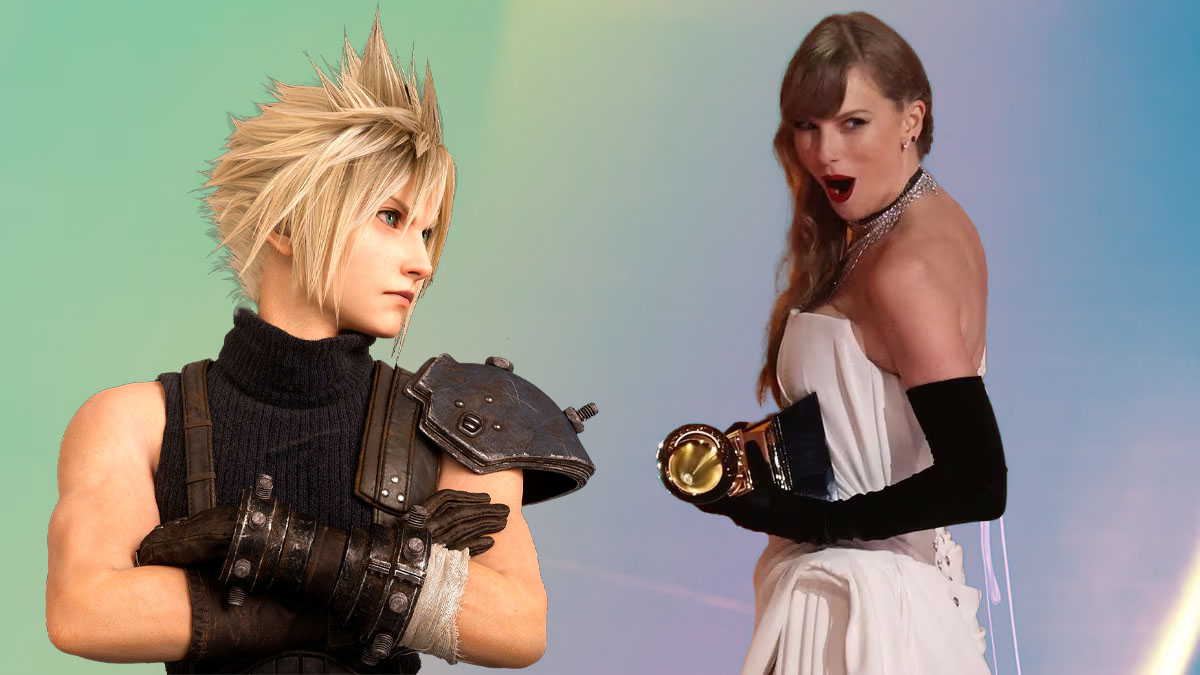

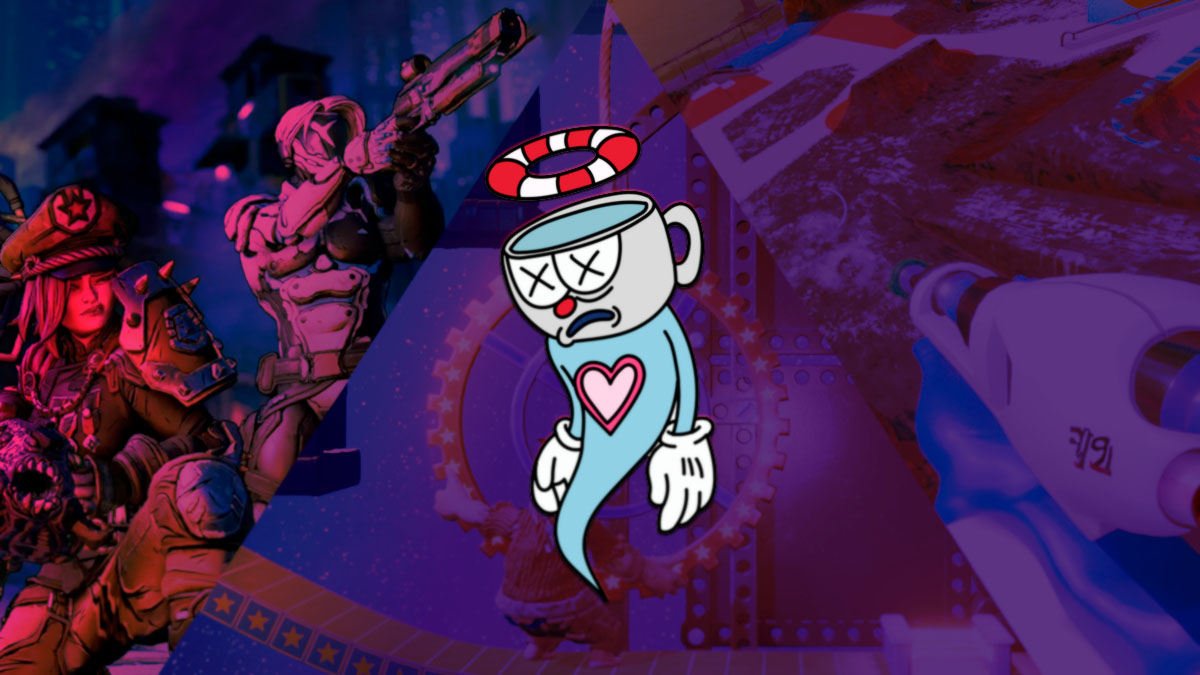
Published: Sep 19, 2023 03:09 pm